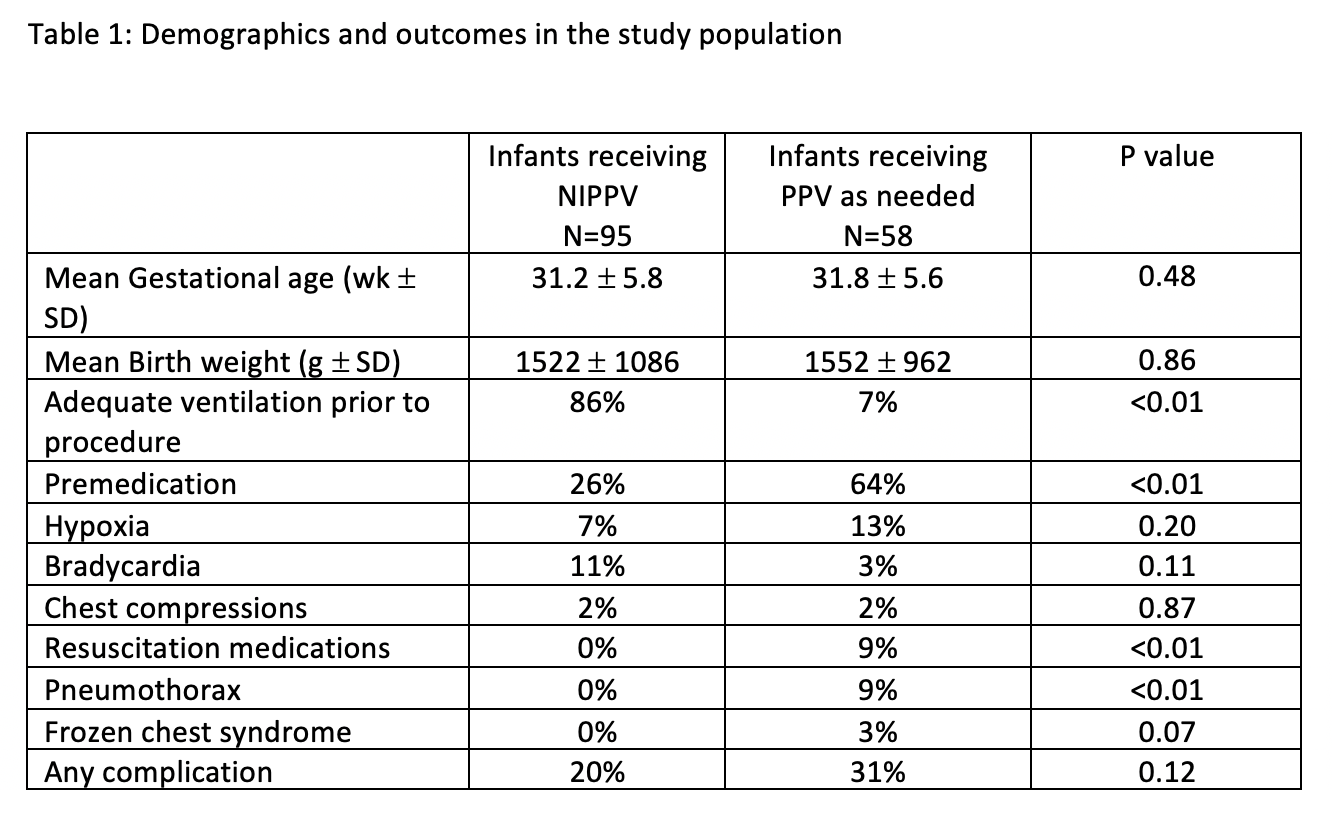Neonatal Respiratory Assessment/Support/Ventilation
Neonatal Respiratory Assessment/Support/Ventilation 4: Surfactant and NIV 1
653 - Comparison of Adverse Events During Endotracheal Intubation for Infants Receiving Noninvasive Positive Pressure Ventilation During Intubation to Those Needing Positive Pressure Ventilation With Mask
Publication Number: 653.442

Manoj Biniwale, MD
Associate professor of Pediatrics
Keck School of Medicine of the University of Southern California
Los Angeles, California, United States
Presenting Author(s)
Background:
Endotracheal intubation is a common procedure in the neonatal intensive care unit (NICU). Previous studies have demonstrated that uninterrupted nasal high flow therapy during endotracheal intubation improves likelihood of successful intubation without physiological instability. Noninvasive positive pressure ventilation is a commonly used respiratory support mode that may be continued while performing endotracheal intubation.
Objective:
To compare adverse events during intubation for infants on NIPPV compared to those receiving positive pressure ventilation (PPV) with mask as needed throughout the procedure.
Design/Methods:
The study population included all neonates admitted to NICU from July 2015 to July 2019 who were intubated for emergent or elective purposes. The data was prospectively conducted. Mode of respiratory support during intubation was identified. Adverse events included persistent hypoxia, bradycardia, chest compressions, hypotension, resuscitation medications, bleeding from lips or airway, laceration, pneumothorax, pneumomediastinum, or frozen chest. Chi-square and Fisher’s Exact tests were used for statistical analysis.
Results:
Available data from 153 newborn infants were included for analysis. There was no significant difference between infants on NIPPV during intubation compared to those receiving PPV as needed on persistent hypoxia (7% vs 13%, p=0.20), bradycardia (11% vs. 3%, p=0.11), chest compressions needed (2% vs. 2%, p=0.87), frozen chest (0% vs. 3%, p=0.07). Infants on NIPPV during intubation were significantly less likely to require resuscitation medications (0% vs. 9%, p < 0.01) and develop pneumothorax (0% vs 8.6%, p < 0.01) (Table 1). Overall complication rates were similar in both groups.
Conclusion(s):
There was no significant decrease in overall complications for infants on NIPPV during intubation compared to those receiving PPV with mask as needed. However, NIPPV during endotracheal intubation was associated with decrease in the need for resuscitation medications and pneumothorax rate during the procedure. This study highlights the feasibility and benefit to continuing NIPPV during intubation.
